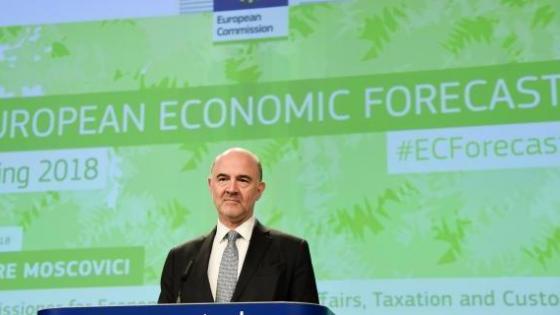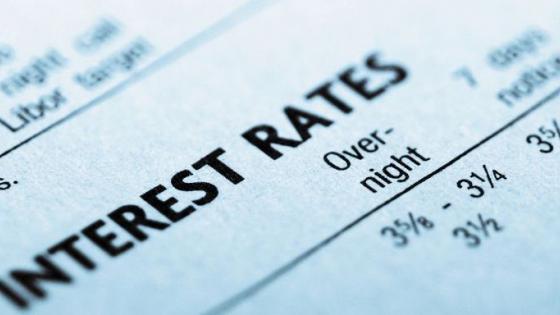First posted on:
mainly macro, 10 May 2018
Fiscal policy remains in the stone age.
Or maybe the middle ages, but certainly not anything more recent than the 1920s. Keynes advocated using fiscal expansion in what he called a liquidity trap in the 1930s. Nowadays we use a different terminology and talk about the need for fiscal expansion when nominal interest rates are stuck at the zero lower bound or effective lower bound. (I slightly prefer the latter terminology because it is up to central banks to decide at what point reducing nominal interest rates further would be risky or counterproductive.) The logic is the same today as it was in the 1930s. When monetary policy loses its reliable and effective instrument to manage the economy, you need to bring in the next best reliable and effective instrument: fiscal policy.
The euro area as a whole is currently at the effective lower bound. Rates are just below zero and the ECB is creating money for large-scale purchases of assets: a monetary policy instrument whose impact is much more uncertain than interest rate changes or fiscal policy changes (but certainly better than nothing). The reason monetary policy is at maximum stimulus setting is that Eurozone core inflation seems stuck at 1% or below. Time, clearly, for fiscal policy to start lending a hand with some fiscal stimulus.
Yet the goal of the new German Finance minister, from the supposedly left wing Social Democrats, is to achieve a budget surplus of 1%. To achieve that, he is cutting public investment from 37.9 billion euros in the coming year to 33.5 billion euros by 2020. Yet German infrastructure, once world renowned, is falling apart. Its broadband connectivity could be greatly improved.
The macroeconomic case for a more expansionary German fiscal policy is overwhelming. Germany has a current account surplus of around 8% of GDP. There are some structural reasons why you might expect some current account surplus in Germany, but the IMF estimates that these structural factors account for less than half of the current surplus. It estimates that a third of the excess surplus is a result of an overly- tight fiscal policy. As Guntram Wolff points out, the main counterpart to the surplus is saving by the corporate sector. Perhaps more public investment might encourage additional private investment.
But this is not another article about how Germany needs to expand to help the rest of the euro area. The problem, as Matthew Klein points out, is that the whole of the euro area is doing the same. In the area as a whole, the fiscal position is as tight as it was in the pre-crisis boom. Unemployment in the Eurozone is still too high. And the reason fiscal policy is too tight is that key Eurozone policymakers think that is the right thing to do. “The right deficit is zero” says the French finance minister. He goes on: “ Since France is not in an economic crisis, we need to have a balanced budget, so that we can afford a deficit in tougher times.” You hear the same in Germany: the economy is booming so we must have budget surpluses.
A booming economy is not one that is growing fast, but one where the level of output and employment is above the level compatible with staying at target inflation. Measures of the output gap are only estimates of what that level is: underlying inflation is the ultimate guide. Core inflation is well below target right now, which is why interest rates are at their effective lower bound. This is why the actions and rhetoric of most European (and UK) finance ministers are simply wrong.
You would think that causing a second recession after the one following the GFC would have been a wake-up call for European finance ministers to learn some macroeconomics. (Yes, I know that the ECB raising rates in 2011 did not help, but I expect most macro models will tell you the collective fiscal contraction did most of the harm.) Yet what little learning there has been is learning not to make huge mistakes but only large ones: we should balance the budget when there is no crisis.
This is not a dispute between left and right as it is now in the UK, but a problem with the policy consensus in Europe. What we are seeing, I suspect, is a potent combination of two forces: a German obsession with balancing the budget which has its roots in currently dominant ordoliberal/neoliberal ideology, and Keynes’ famous practical men: advisers who learnt what economics they have in an era of the great moderation where the worst economic problem we had was relatively benign deficit bias. Fighting the last war and all that.



